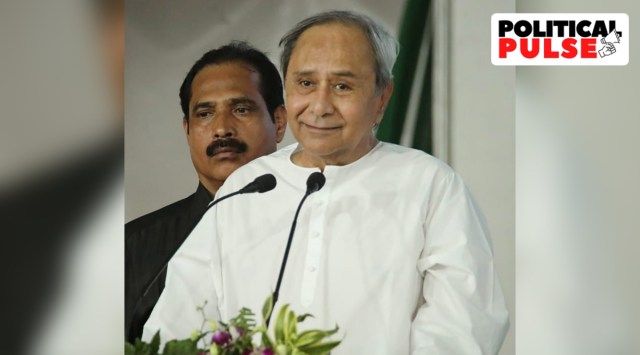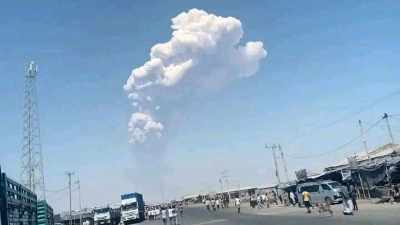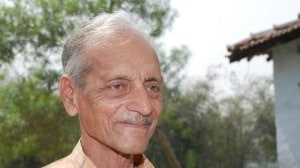BJP gains and 2024 polls in mind, Naveen Patnaik expands tribal councils
In 2019, the BJD won 18 of the 33 ST Assembly seats in Odisha while the BJP bagged 11. It was two-all in the Lok Sabha polls.
 Odisha CM Naveen Pattnaik. (PTI)
Odisha CM Naveen Pattnaik. (PTI) In a significant move to connect with tribals ahead of elections next year, Odisha Chief Minister Naveen Patnaik has set up special development councils (SDCs) that work to conserve tribal cultures and traditions and nourish the indigenous lifestyle in 14 more districts.
This is an attempt by the Biju Janata Dal (BJD), the ruling party in the state, to further consolidate its base among tribals who comprise over 22% of Odisha’s population and check the growth of the BJP in Adivasi areas.
Of 147 Assembly seats, 33 are reserved for Scheduled Tribes (STs) and in the Lok Sabha five of 21 seats are reserved. In 2019, the BJD won 18 of the 33 Assembly seats while the BJP bagged 11, and two seats went to the Congress. The CPI(M) and Independent candidates won one each. In the Lok Sabha polls, the BJD and the BJP won two ST parliamentary constituencies each while the Congress won one.
The move to expand SDCs is also significant as Union Education Minister Dharmendra Pradhan has been pushing for imparting education in local languages and mother tongues. The National Council of Educational Research and Training (NCERT) has formed a 10-member committee to prepare teaching and learning materials for Kui and Desia-speaking students.
With the BJP quite strong in Mayurbhanj and Sundargarh districts — and also trying to cash in on the party’s move to make Droupadi Murmu India’s first tribal President — the SDC expansion is the BJD’s counter. In 2019, the BJP won both the Lok Sabha seats and most of the Assembly constituencies in the two districts.
Odisha claims to be the first state to set up SDCs in nine tribal-dominated districts in September 2017. With expansion on Sunday, now 23 of the state’s 30 districts have the tribal development body. The new districts to get SDCs include Angul, Balangir, Balasore, Bargarh, Boudh, Deogarh, Dhenkanal, Ganjam, Jajpur, Jharsuguda, Kalahandi, Nuapada, Nayagargh, and Sambalpur.
As Odisha has 62 different types of tribes, including 13 primitive tribes spread across the state, the Naveen Patnaik government came up with the idea of SDCs with the key objectives of conservation and propagation of tribal culture and recognition of indigenous knowledge.
The other aims of the SDCs are documenting tribal culture, tradition, and practices; identification of tribal resources; promotion of tribal language and dialects; and taking up area-specific development interventions. Special fund provisions were made for these activities while eminent tribal leaders were accommodated as SDC members.
Stating that his government would spend Rs 223 crore for the purpose in the 2023-’24 financial year, the CM said that over 80 lakh tribals can contribute to the protection of their culture and tradition.
“Art and culture play crucial role in the definition of development. The SDCs have been established for the preservation of the art and culture of tribals, who have a great contribution from politics to literature, culture, language and politics. They have glorified Odisha’s culture and I am proud of them,” the CM said while inaugurating the new SDCs on Sunday.
Ever since the establishment of the SDCs, over 60,000 different projects have been implemented in 117 blocks of the nine tribal-dominated districts. These councils have also preserved nearly 4,500 trees considered sacred by tribal communities. Similarly, a bilingual dictionary and a trilingual proficiency module have been prepared in 21 languages.
Senior BJP leader Mohan Majhi hit out at the state government, accusing the BJD of using tribals for electoral objectives and not taking firm steps for their overall development.





- 01
- 02
- 03
- 04
- 05


























